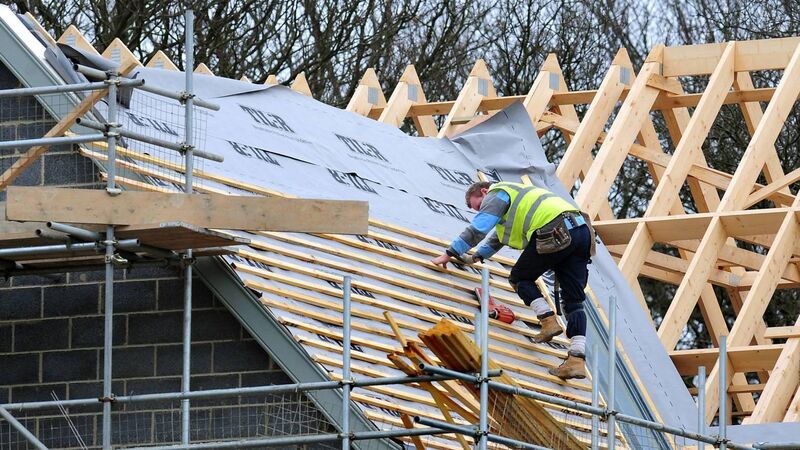Construction industry levy and vacant homes tax expected in budget

Housing Minister Darragh O’Brien proposed a construction levy last November and sources say it is being prepared for inclusion in Budget 2023. File picture: PA
A construction industry levy aimed at raising around €80m is expected to be included in this month's budget, together with a tax on vacant homes.
The industry levy has long been mooted as a way to fund the €2.7bn mica redress scheme to remediate homes built with structurally unsound concrete blocks.














